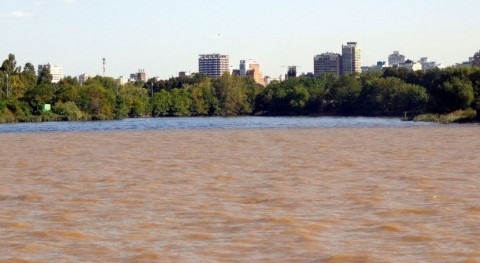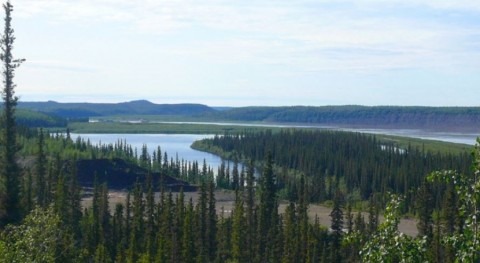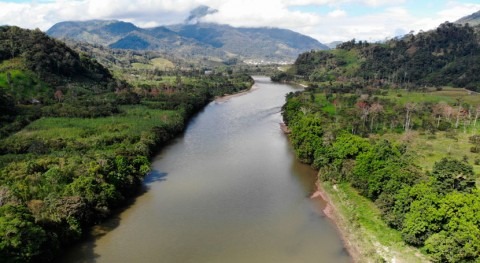What is the longest river in Brazil

Brazil's largest river is the Amazon River, a vital and iconic waterway that has a profound impact on the country's environment, economy, and culture. The Amazon River spans over 6,400 kilometers (3,976 miles) and has the largest drainage basin in the world, covering an area of approximately 7 million square kilometers (2.7 million square miles). Originating in the Peruvian Andes, the river flows through Brazil, Colombia, and several other South American countries before emptying into the Atlantic Ocean.
1 . Geographical Features and Historical Significance
The Amazon River is known for its remarkable geographical features, including its sheer size, numerous tributaries, and vast surrounding rainforest, the Amazon Rainforest. With a rich history that dates back to ancient indigenous cultures, the river has been crucial for trade, transportation, and agriculture for centuries. European explorers first navigated the Amazon in the 16th century, and the river has since been a central figure in the exploration and development of the South American continent.
2 . Unique Characteristics
The Amazon River boasts several unique characteristics, such as its immense volume, which is greater than the next seven largest rivers combined. The river is home to an extraordinary array of flora and fauna, including many endemic species. The Amazon Basin is also one of the most biodiverse regions on Earth, with an estimated 400 billion individual trees and thousands of animal species.
3 . Impact on Environment, Economy, and Culture
The Amazon River plays a critical role in Brazil's environment, economy, and culture. The river and its surrounding rainforest act as a significant carbon sink, helping to regulate global climate. The Amazon's abundant resources have also contributed to Brazil's economy through industries such as fishing, agriculture, and timber. Additionally, the river has shaped the region's cultural landscape, supporting numerous indigenous communities and influencing local art, music, and cuisine.
Main Threats to the Amazon River
The Amazon River faces several threats, including deforestation, pollution from industrial and agricultural sources, climate change, and unsustainable resource extraction. These challenges have resulted in habitat loss, species decline, and disruption of the river's delicate ecological balance. Efforts are being made to protect the Amazon River and its ecosystem through conservation initiatives, policy changes, and international cooperation.









